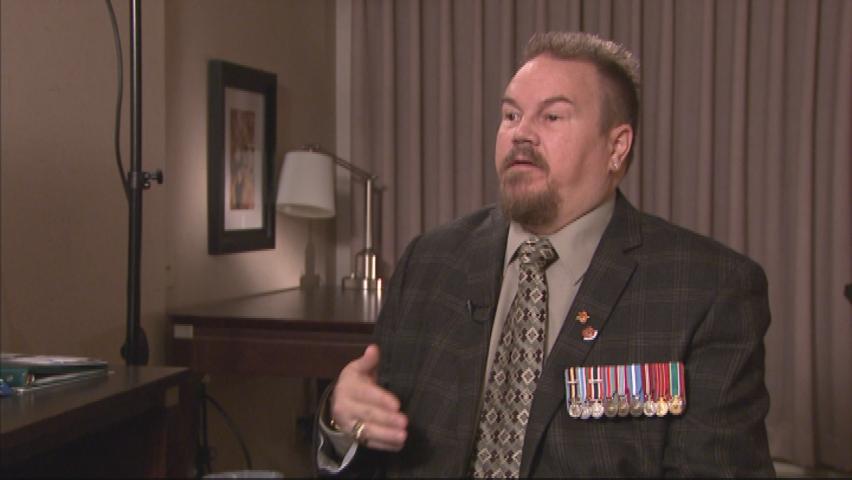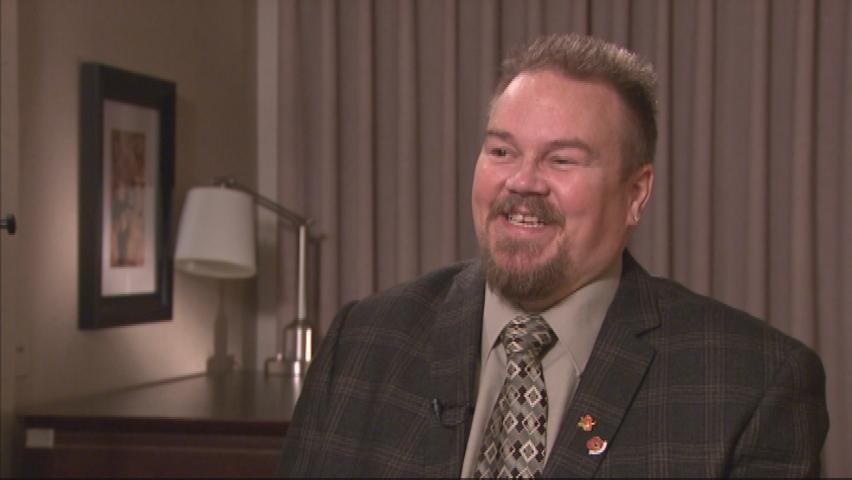Stricken with PTSD
Heroes Remember - Canadian Armed forces
Stricken with PTSD
Transcript
Description
Mr. Villeneuve openly shares his personal experiences with his illness and the effect it has had on himself and his family
George Villeneuve
George Villeneuve was born February 4, 1964 in Ottawa, Ontario. At 17 years of age, he made the choice to join the military and became a part of the Infantry 031, Royal 22e Regiment as part of a Recce Platoon 3rd Battalion. In 1985 he travelled to Cyprus as a driver for the Operational Service Officer. Following this tour, Mr. Villeneuve accepted tours to Bosnia and Golan Heights holding occupation as driver. After years of service, Mr. Villeneuve was medically discharged from the army with PTSD. He has accepted assistance for his condition and has welcomed Vardo - a service dog and true companion into his home. Mr. Villeneuve is enjoying life again and resides with his family in Ottawa.
Meta Data
- Medium:
- Video
- Owner:
- Veterans Affairs Canada
- Recorded:
- November 21, 2013
- Duration:
- 2:00
- Person Interviewed:
- George Villeneuve
- War, Conflict or Mission:
- Canadian Armed Forces
- Location/Theatre:
- Bosnia
- Branch:
- Army
- Units/Ship:
- Royal 22e Régiment
- Rank:
- Corporal
- Occupation:
- Driver
Related Videos
- Date modified:










